Ahead of the 2023 election, we asked each Chapel Hill Mayor and Town Council candidate to answer these two questions in 150 words or less:
- What are the top issues that you see facing Northside and Pine Knolls at this time?
- Please provide one example of how you would address the issue that you believe is the biggest priority.
Candidate answers are provided below, in alphabetical order. Responses are the candidates’ own words, completely unedited by the Jackson Center. These responses were also shared in the print edition of the September 2023 Northside News.
Mayoral Candidates
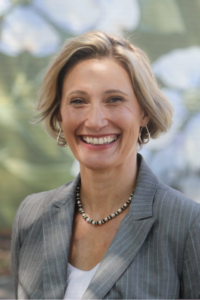 Jessica “Jess” Anderson
Jessica “Jess” Anderson
Top issues facing Northside: The three top issues I see facing Northside and Pine Knolls residents are: 1) impacts of rising property taxes on long-time residents (especially seniors), 2) continued concerns about gentrification, and 3) making sure that change in our downtown benefits Northside/Pine Knolls residents.
Priority action: We must continue to preserve the historic and cultural character of the neighborhood while also ensuring that long-term residents can remain in their homes and everyone thrives. We need to continue: Working with the assessor so properties are assessed in a reasonable way (i.e. owner-occupied not assessed the same as investor-owned); Evaluating/expanding our property tax grants program; Funding the Northside Neighborhood Initiative to continue success with retaining/expanding single family home ownership opportunities; Partnering with the Jackson Center and EMPOWERment; Evaluating the NCD standards to make sure they are meeting the needs of multi-generational families, seniors aging in place, etc.
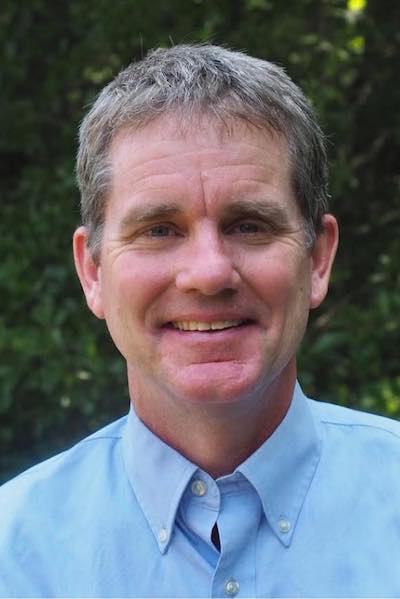 Adam Searing
Adam Searing
Top issues facing Northside: Moving forward to convert UNC’s coal and gas steam/power plant to a geothermal hot water plant that will eventually rely on renewable energy so as to immediately and significantly reduce pollution in the area surrounding the plant. Other universities with coal-fired plants around the country are making this transition and UNC should start the process as well.
Priority action: We need to make sure to maintain the community-created Neighborhood Conservation Districts in town. Northside’s district is especially innovative in allowing more dense duplexes to be built but requiring nonprofit housing organizations to be the owners in order to keep more affordable options available. We must bring UNC to the table on multiple issues, including housing for employees and students, growth needs, and the coal-fired power plant. Increasing growth of both UNC and UNC Hospitals is creating immense pressures our town and we need to partner more effectively.
Town Council Candidates
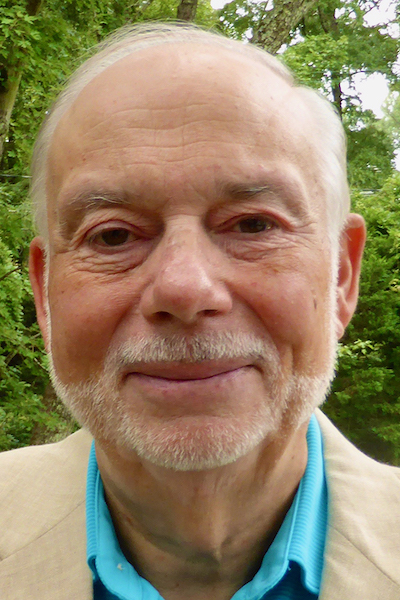 David Adams
David Adams
Top issues facing Northside: From listening to north side residents who signed the petition I presented to Council to stop the rezoning of single family neighborhoods,I see the top issue as development that raises property values and associated taxes, which can drive out long time, low income residents who have few affordable places to go.
Priority action: I will support non-profits like Habitat for Humanity who are building affordable housing in north side. I will work to provide rent and property tax assistance for those affected by increased property values. The history of north side is at the center of who we are in Chapel Hill and I will work with residents to maintain and enhance the traditional character of their neighborhoods. Finally, I will defend the Neighborhood Conservation District (NCD) status of north side to prevent rezoning for high density rentals that history has shown can become “student stuffers.”
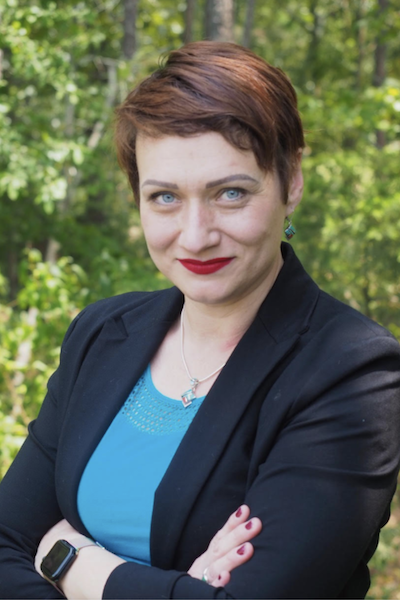 Breckany Teal Eckhardt
Breckany Teal Eckhardt
Top issues facing Northside: Gentrification and the displacement of low-income families are problems throughout the United States and beyond. UNC designed most of the town planning in its ‘salad days’, selecting housing locations for slaves who built the university, brick by brick. Northside and Pine Knolls were designated by UNC to segregate people of color from wealthy upper-class Caucasian professors and students. We need to educate the town about this history, celebrate its diversity, and improve parks and recreation in the area. We can also ensure that families are not removed from their homes by the steamrolling machines of the corporate housing market. Increasing education opportunities in your communities through grants and other venues will also create valuable career and economic options.
Priority action: Because UNC is a college town and one of two large sources of employment in Chapel Hill, the other being UNC Health Care, the majority of those seeking housing are students. There are currently 600 students on the waitlist for fall 2023, a 42% increase from last year. UNC has the political and financial power to offer more student housing on campus and build ‘up’. The current town council’s plan, instead of partnering with UNC, is to offer developers a laissez-faire, wild-west control over the town. This has created the destruction of hundreds of low-cost housing for luxury, market-rate apartments in Northside, Pine Knolls, and the Blue Hill district (for which the consultant who created this ‘brand name’ was given $5,000 with our property taxes). This benefits only developers, not students, their families supporting them, or the environment with mass increases in traffic and exacerbating parking space.
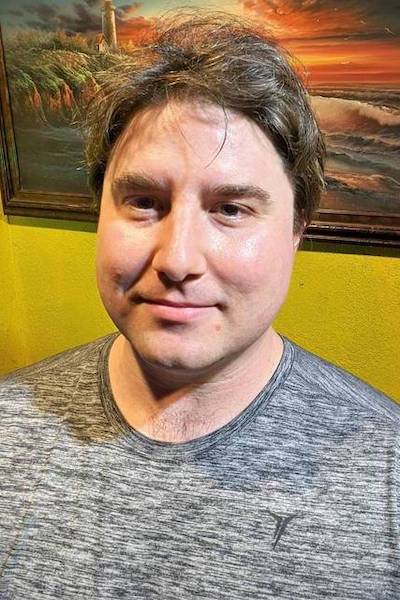 Jeffrey Hoagland
Jeffrey Hoagland
Top issues facing Northside: I believe crime and safety are the number one issue in the all areas of Chapel Hil.
Priority action: I would address the issue by hiring back the 14 officers that have been let go in the last two years plus adding a few more.
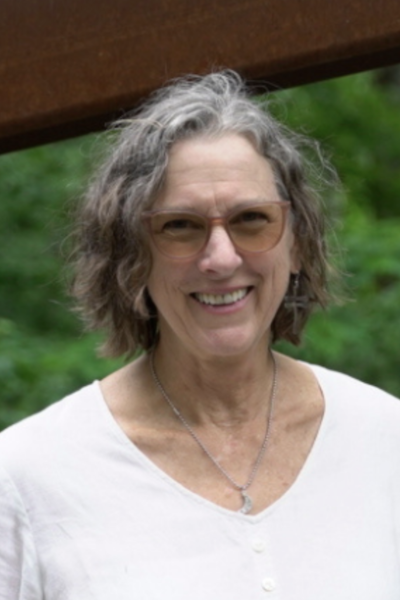 Melissa McCullough
Melissa McCullough
Top issues facing Northside: What I have heard from residents of these historically Black neighborhoods is that affordable housing and homelessness are pressing issues. This is especially important for homes belonging to generational Black families – families who built UNC and the town – who are being pushed out by costs. The rising costs of housing townwide makes Northside and Pine Knolls property more valuable as well, with property taxes rising as a result. Landlords can buy distressed homes more cheaply than elsewhere in town, then tear them down to turn them into student rentals, despite the Neighborhood Conservation District designation. Homelessness is also a result of the housing system overall. We do have support programs for the unhoused, but they are overwhelmed and sometimes hard to access. When people emerge from crisis, there isn’t housing that is affordable for them as they try to get back on their feet.
Priority action: One reparative step the Town has taken, is to budget money to help with property taxes for lower-income homeowners. But the housing crisis here is because housing demand far overwhelms the supply, driving prices up everywhere. We need to increase the supply of housing of all types, townwide. While the large apartment complexes aren’t pretty, they house a lot of students, taking pressure off the inexpensive neighborhoods of small homes, especially those close to campus, like Northside and Pine Knolls. We need more such dense development on transit corridors. Then, we need to create more smaller homes and duplexes across town, so that there are more housing choices for the one and two person households that are the majority now. Increasing small home supply in more neighborhoods in Chapel Hill will also take pressure off Northside and Pine Knolls.
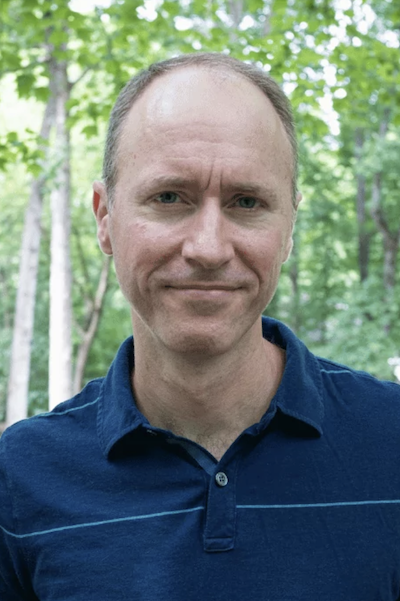 Jon Mitchell
Jon Mitchell
Top issues facing Northside: I am concerned about the impact of escalating housing costs on Black residents that have lived in the historic Northside and Pine Knolls neighborhoods for generations – both in terms of retaining family homes amid rising property tax burdens and finding reasonably-priced homes (including rental units) for the next generation. One statistic tells the story: since 2010, Black homeownership in Chapel Hill has declined by 32 percent. A related challenge is to maintain a sense of history and place as the composition of these neighborhoods, and surrounding development patterns, shift.
Priority action: The Town should continue to fund land banking through the Northside Neighborhood Initiative. The Town should also work with community partners like EmPOWERment, Habitat for Humanity, Community Home Trust, and the Jackson Center to support the development and preservation of affordable housing in other ways, such as gap funding, down payment assistance, and rental assistance.
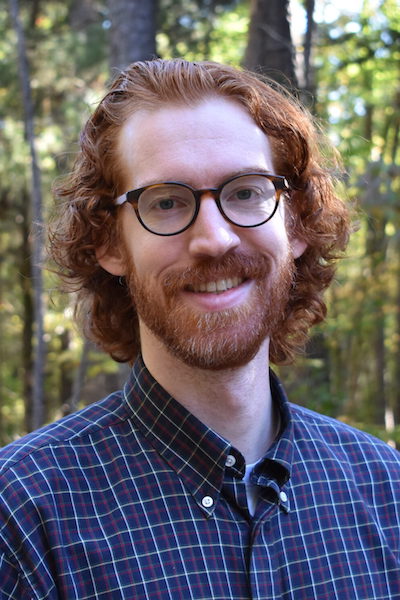 Theodore Nollert
Theodore Nollert
Top issues facing Northside: I think the number one biggest issue facing residents of Northside and Pine Knolls is displacement. There are two forces pushing residents out: increasing property taxes and the increase in wealthy people wanting to move to Chapel Hill. Usually the richest neighborhoods have the most ability to prevent new housing being built, which puts a lot of pressure on other neighborhoods to accommodate all the new residents. We need to create more housing everywhere so that the burden doesn’t fall entirely on neighborhoods like Northside and Pine Knolls to make room.
Priority action: The number one way to avoid displacement for residents in Northside and Pine Knolls is to keep the cost of living from exploding further out of control. That means permitting new housing and investing in other cost saving options, like expanding our bus service and building truly safe and convenient walking and biking options for more residents. Cars are expensive to own and operate, so helping to avoid car trips reduces monthly expenses. Plus, the county offers a property tax assistance program for long-time home owners. This is an important program to advocate for as a Town.
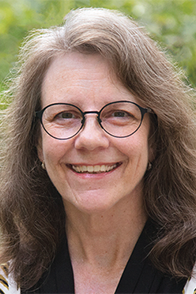 Amy Ryan
Amy Ryan
Top issues facing Northside: Housing was already expensive in Chapel Hill, but prices have shot up since the pandemic. Gentrification pressure is increasing, Black homeownership is decreasing, and inflation is eroding incomes, especially for retirees, making it harder for the Black families with deep historic roots in Northside and Pine Knolls to stay there, putting us in danger of losing this community.
Priority action: The quality-of-life issues when you have families and students, with their different lifestyles, living together. The most important thing the town can do is continue to support the Jackson Center and the Northside Neighborhood Initiative in helping Black families stay in and return to these neighborhoods. This includes the town’s continued commitment to working with partners like EMPOWERment and giving land and money to support housing preservation and deeply affordable projects like the PEACH Apartments and Perry Place.
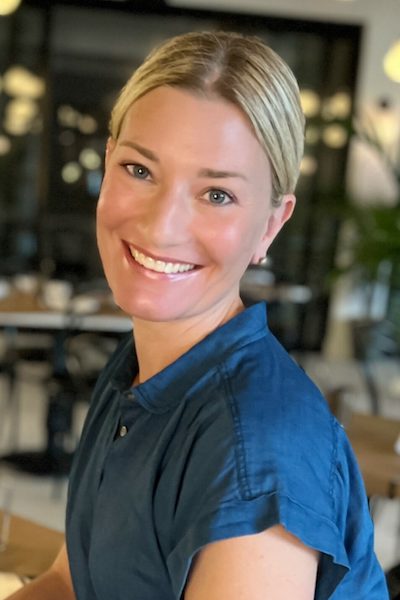 Elizabeth Sharp
Elizabeth Sharp
Top issues facing Northside: My daughter attends school at Northside, but since I don’t live there, I reached out to some of my friends who do. One of the first issues that came up is stormwater management. Which I think is part and parcel of our development issues. In vulnerable neighborhoods like Northside we need to be very careful to make sure any new or re-development puts the safety and health of the community first. This means not destroying naturally affordable housing to create expensive student rentals, and ensuring that any new building takes into account the constantly shifting pressures of climate change. Way too often less-affluent parts of towns are under-invested in flood mitigation (the 9th Ward of New Orleans for instance).
Priority action: I have heard that over-regulation of development stifles growth and hurts affordability, so we need to be balanced about that. But I don’t see any way around the careful regulation of our development practices in order to protect vulnerable neighborhoods like Pine Knolls and Northside. I would also really like to see us start a public land trust to take control of individual lots in these neighborhoods to make sure they stay well-maintained and affordable.
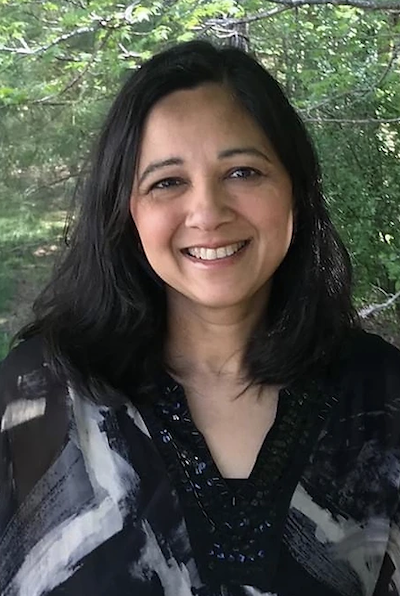 Renuka Soll
Renuka Soll
Top issues facing Northside: I think that the top three priorities facing Northside and Pine Knolls are to (1) preserve their historic character, (2) keep housing affordable, and (3) ensure that residents have a healthy, livable community that includes access to parks and greenways. All three issues are important and interrelated. However, keeping housing affordable would be my primary focus. This would allow current residents to continue living there and contribute to maintaining the character of the neighborhoods.
Priority action: To accomplish this, I would support the continued use of the Jackson Center’s land bank program. This program purchases homes to ensure people living in the community can continue to live in their homes. It helps families stay in Northside and prevents developers from over-developing dense student rental properties. I also believe that Northside and Pine Knolls remain Conservation Districts. This designation, belatedly achieved after much effort by the neighborhoods, has made it harder for developers to speculate on property. This helps keep properties affordable because it means that families do not have to compete with developers who are looking to build dense student rentals. The importance of helping families find affordable housing in Chapel Hill is a key reason why I am not accepting any campaign donations from developers. Lastly, I would like to note that I am the Chair of Chapel Hill’s Parks & Rec Commission. I believe that all Chapel Hill residents, regardless of what neighborhood they live in, should have access to quality parks, greenways, and greenspace.
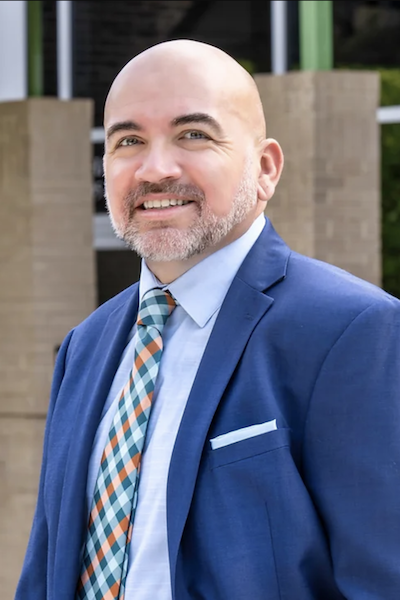 Erik Valera
Erik Valera
Top issues facing Northside: The most pressing issue affecting Northside and Pine Knolls is the affordable housing crisis. A mix of social and systemic factors has made it difficult for Black families to access or maintain homeownership. In Chapel Hill, escalating housing costs resulted in a 32% decrease in owner-occupied households within the Black community from 2010 to 2021. This has led to rapid gentrification and imposed a disproportionate burden on Northside and Pine Knolls.
Priority action: To tackle this crisis, we must acknowledge and rectify our history of racial inequities. The current council has already initiated various programs, policies, funding sources, and partnerships to address the housing shortage, improve affordability, and support those with low to moderate incomes. It is essential to expedite these initiatives and prioritize the development of housing that is available, affordable, and acceptable to Black families, especially first-time homeowners.
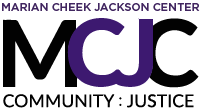
Leave a Reply